I am not the best person to do a proper forensic on sports in Nigeria in the outgoing year. I am biased.
It has also been very difficult seeing through the avalanche of crisis that plagued several of the federations.
There is also the risk of a total disconnect between the teams’ performances and the state of their federations that may make fair judgement impossible.
So, I shall pass no judgements and just skirt around a few sports, summarise my opinions and peer carefully into the future.
A few sports made little impact whilst most did not even ‘exist’, because we heard nothing about their activities and programmes. Sports are still rated more for the medals they fetch at competitions and less for their immediate impact on the lives of participants. Whereas, we can look at athletics and conclude the year was barren for them, the sport of ‘walking’ that almost does not exist in our firmament, influenced and benefited many ordinary lives.
Also Read: The Lowdown! – Sports Minister Dare’s Powerful Speech At The 2019 NFF AGM
In 2019, no sport was truly, outstandingly successful, including football. Indeed, that football did not succeed directly affected the fortunes of some sports that depend on the ‘feel good’ factor that the success of the Super Eagles brings to them in the market place of sponsorships.
Unfortunately, every time football runs into stormy weather as it did this past year, with poor international results across all the national teams, including the Super Eagles, the result becomes an infection that afflicts other sports.
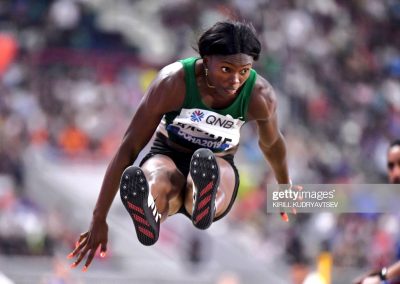
Football is the undoubted king and enabler in Nigerian football. For most of the year, the national domestic leagues were on life-support in terms of funding to organize any of their domestic competitions. Television support, the fuel of the sports industry, left football in the lurch of its shenanigans, the scandals and allegations of misappropriation of funds taking their toll in the industry. The domestic league ran for two season without a major sponsor.
As we enter 2020, the music may change. There are new interests and promises of support.
At international levels of competitions, the internal crisis within the Nigeria Football Federation Executive Committee and some of their aggrieved ex-staff that degenerated into petitions about graft inside the federation and led to some courts cases and investigations by the financial crimes agencies in the country, the country’s national teams could not effectively function. The problems became an Albatross that would not go away for most of the year, crippling any meaningful development programs that could have gone on, and rendering the NFF very unattractive to once-eager prospective sponsors of its teams and programs.
At the end, all the national teams failed to make any impact internationally. When the final count is taken, 2019 may be the most disastrous year in the history of modern Nigerian football.
There were very serious internal and external crisis within the basketball and athletics federations. These are the two federations that come close to football in terms of their followership in the country.
The scouting and use of Diaspora basketball players and athletes has become a very attractive option. These are the athletes that still managed to qualify the country for the women’s Olympics basketball event, and that the country would depend on for track and field at the Tokyo Olympics next summer.
Wrestling, under Olympic Gold medalist (for Canada) Daniel Igali, did well and is doing well and achieving some results, even with the minimal support the sport receives from the governments (Federal and State). His passion and commitment and personal funding is sustaining the sport.
Table Tennis is still benefiting from the foundation laid for the sport a long time ago, in the early 1970s, through the early adaptation of China as the base of Nigerian tennis. The impact of a few generations of Chinese coaches that came to transfer grassroots knowledge to Nigerians is what has sustained the sport till now. In 2019, Nigerian table tennis players have maintained high global rankings.
The most interesting developments of 2019 are the establishment of an increasing number of State Sports Commissions to replace State Ministries of Sports, and the appointment of a new Minister of Youth and Sports Development to truncate the trouble-prone regime of the last minister who did his best that was surely not good enough to take sports to higher pedestals.
Also Read: Adekuroye, Amusan, Others Get Adopted As Dare Launches Initiative To Support Athletes
The new minister is enthusiastic, and is already demonstrating a seriousness and competency that is giving stakeholders confidence that a new era is in the offing.
There was the health situation of a few notable former athletes. Their poor state of health after several years in retirement raised the fundamental issue of a welfare structure for athletes that serve the country for a minimum number of years. The conversation about retired athletes is muted in the corridors of power, even though public cry out for help an increasing number of them is attracting public sympathy and some action, and has kept the matter on the front burner through most of the year.
The relevance of sports academies is becoming more acknowledged. The football academies are serving as a compass. Between the football academies and the local clubs, which are producing more players of quality for the national football teams? It is now obvious that it is the academies, even though most of their products migrate at very young ages into the wilderness of foreign leagues scattered particularly in Europe and South East Asia. Well-structured and the migration regulated and controlled, academies even in other sports, could be the answer to the challenge of grassroots sports development through the federations.
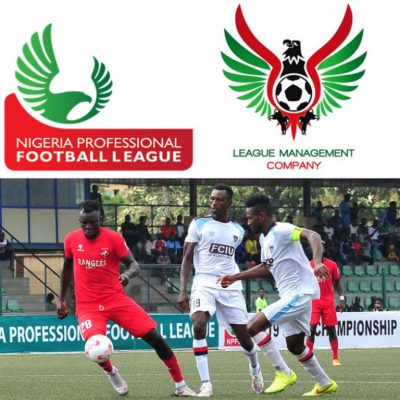
Personally, the domestic football leagues need a little more depth in terms of the technical capacity of those running it. Beneath the surface of what is going on now, development of the game itself is not growing. The present group cannot see it and do the needful.
The leagues must inject persons deeply rooted in the technical aspects of the game. As it is now, through the quality of fields the development of the players is shallow and limited. The level of coaching is also affected for the same reasons.
Funding continues to be a major challenge for all federations and for sports as a whole. This is because there is no clear understanding and delineation of the roles and responsibilities of the different stakeholders in sports.
Even in football, teams are not making any money from the league, particularly in the absence of television revenue, and the exceedingly mind-boggling cost (we have just learnt) of running the board and secretariat of the League Management Company, LMC, the body responsible for the professional league in the country.
All in all, sports did not grow in 2019.
2020 in here with the Olympic games as the major international event that will engage Nigerians during the year.
Unfortunately, there is little hope that anything tangible shall come out of it. So, the best bet is to use the Olympics as exposure opportunity for young athletes in various sports that require exposure at that level to build morale and the spirit to excel down the line into the future.
I wish all my readers and followers of sports the very best in 2020!



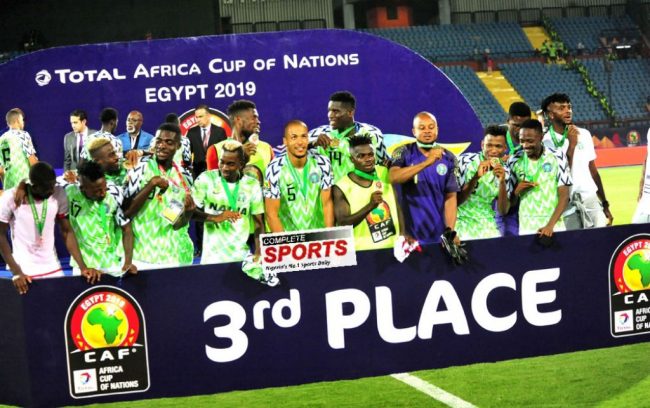
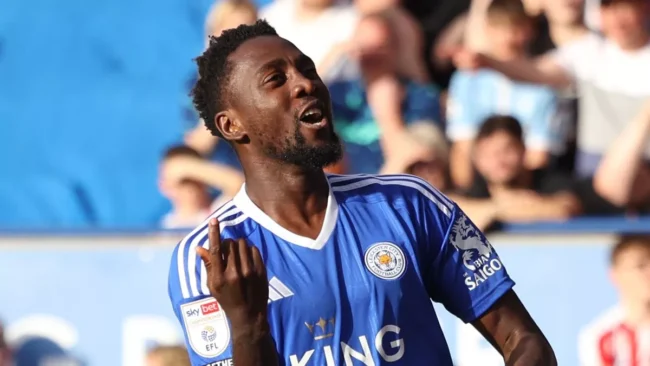
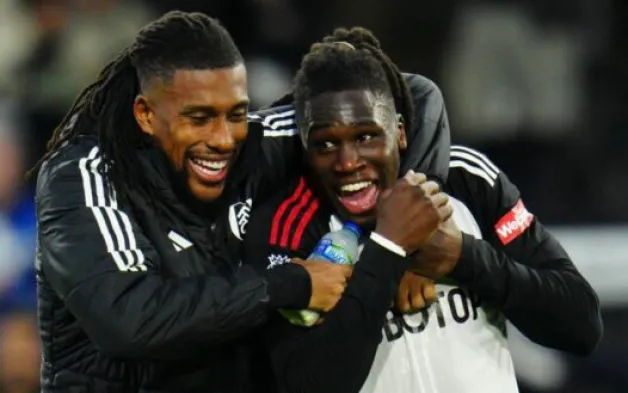
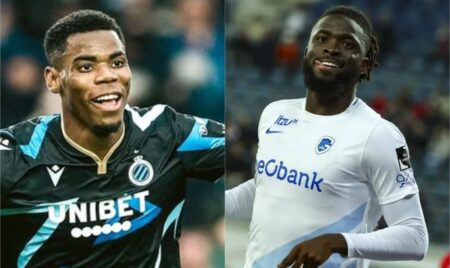

1 Comment
My dear Uncle sege! Your comments on football and the lack of growth of the game, and the shallow and limited development of player,is not too surprising.
Afterall, what is developing in Nigeria? NOTHING,EXCEPT HOW TO LOOT OUR COMMON TREASURY. What is baffling me now is your constant criticism of Coach Rohr that he’s not watching the laegue and not picking any home based player for the National team.Does he have the time to teach them the basics of the game?
To me the man is doing a good job, what he needs is a Bonfrere Jo to help him take our National team to the next level.